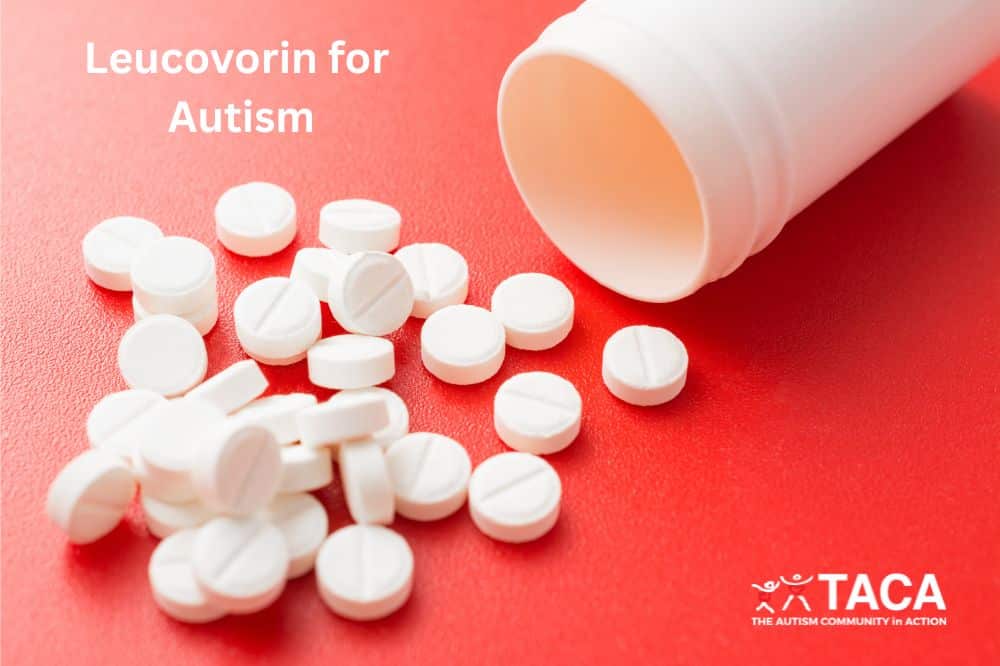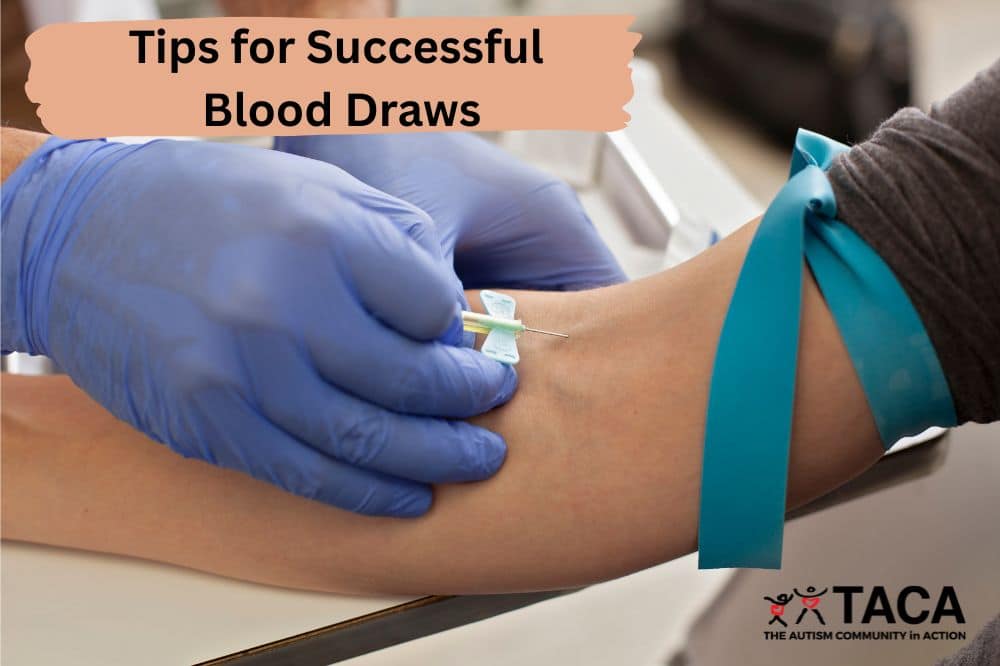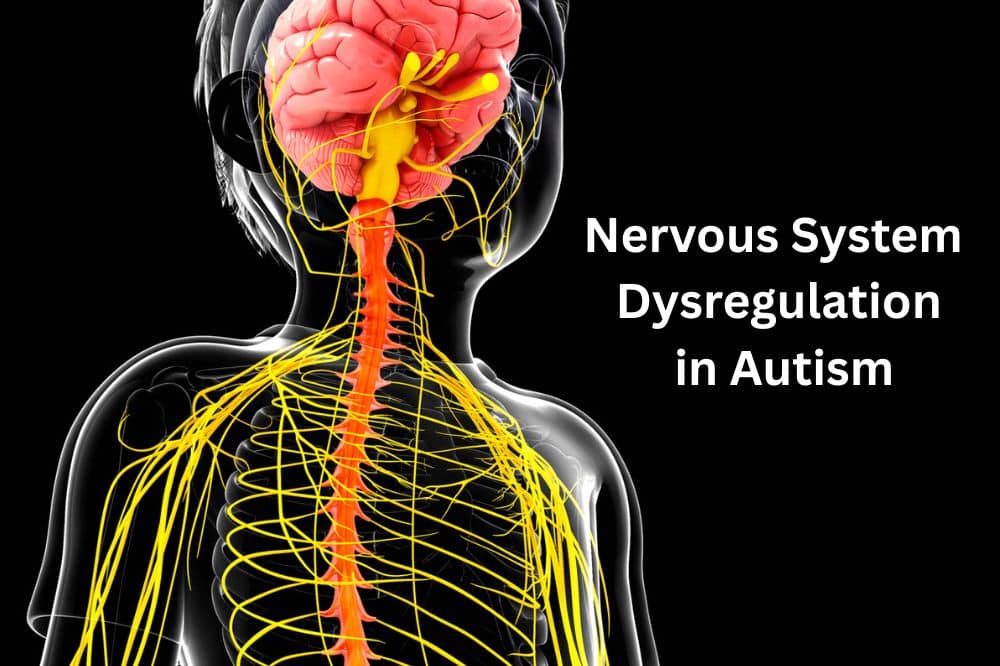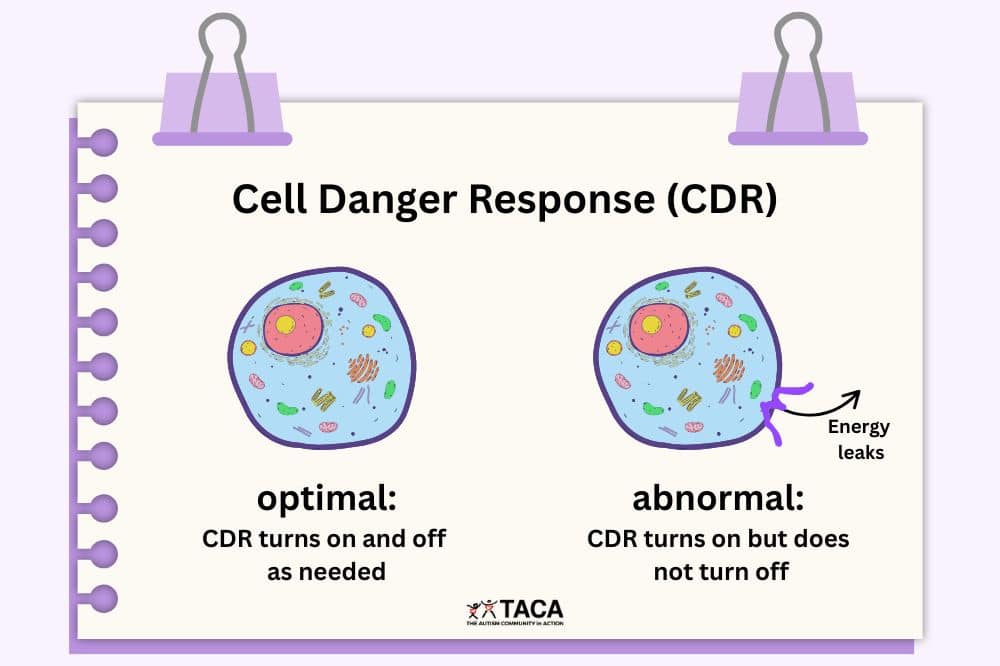Emergency Assistance

All contents of this resource were created for informational purposes only and are not intended to be a substitute for professional advice, diagnosis, or treatment. Always seek the advice of your physician, therapist, or other qualified health providers with any questions or concerns you may have.
If you are experiencing a medical or life-threatening emergency and need immediate assistance, call 911.
Times of crisis or hardship can happen to any family at any time. Below is a listing of resources to help you during your time of need.
Financial Assistance
- Call 211
- 211.org is available in all 50 states
- They provide help accessing local essential community services including:
- Basic human needs
- Physical and mental health resources
- Work support
- Access to services in non-English languages
- Support for older Americans and persons with disabilities
- Children, youth, and family support
- Suicide prevention
Local Resources
- Public school districts can help you gain access to food pantries, donated clothing items, and other organizations to assist you if your child is enrolled. Reach out to your school’s guidance counselor or social worker.
- United Way has locations nationwide to provide assistance to community members.
- Contact your local utility company to discuss financial assistance or bill deferment options.
Government Assistance
- Benefits.gov offers a “Benefits Finder” questionnaire to help you find information about government benefits you may be eligible to receive.
- State Medicaid Waivers
- Medicaid waivers “waive” one or more requirements for a person to receive Medicaid.
- Waivers are referred to by different names depending on what your state has adopted.
- Katie Beckett/TEFRA programs, 1915 (c) Home and Community Based Services (HCBS), Institutional Deeming Waiver, and 1115 demonstration waivers are a few of the common terms you may hear referred to in your state.
- The availability, wait-list, and services provided vary greatly from state to state.
- Find contact information for your state’s Medicaid waiver program here
- Food Stamps/Supplemental Nutrition Assistance Program (SNAP)
- SNAP provides a monthly monetary supplement to help families buy nutritious food. Benefits are based on income.
- Find out more information about SNAP eligibility and how to apply here.
Mental Health Assistance
- If you or someone you know are thinking about suicide, call 911.
- Contact the National Suicide Prevention Lifeline at 1-800-273-TALK (8255)
- Everyone has times of emotional stress or trauma. Find a therapist to support you through difficult times.
- Psychology Today maintains a large database of mental health professionals by area.
- Reach out to friends, family, or other TACA families. You are not alone.
Respite Care
- Respite care refers to temporary relief care provided to individuals with disabilities.
- Medicaid waiver recipients may be eligible for respite care. Check with your case manager.
- ARCH National Respite Network and UCP provide information about respite care options by state.
Housing
- Federal laws protect individuals with disabilities from housing discrimination.
- You cannot be evicted due to a disability-related issue such as noise complaints about stimming or jumping.
- The US Department of Housing and Urban Development (HUD) has more information about equal housing opportunities for individuals with disabilities here.
Natural Disasters
- DisasterAssistance.gov is a Federal Emergency Management Agency (FEMA) website designed to help families affected by a natural disaster find support for basic needs such as housing, food, medical, and financial assistance.




